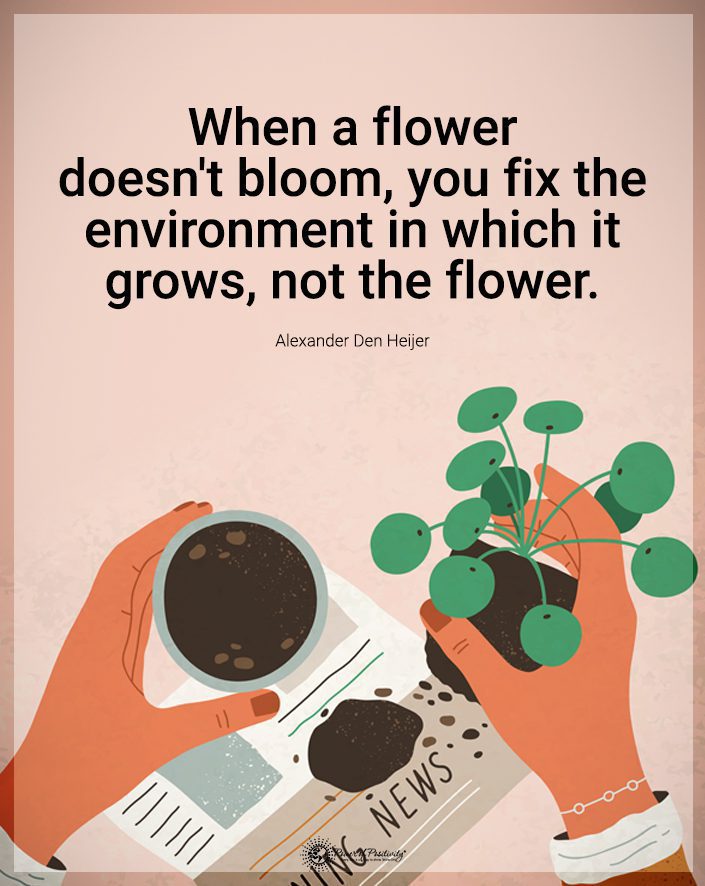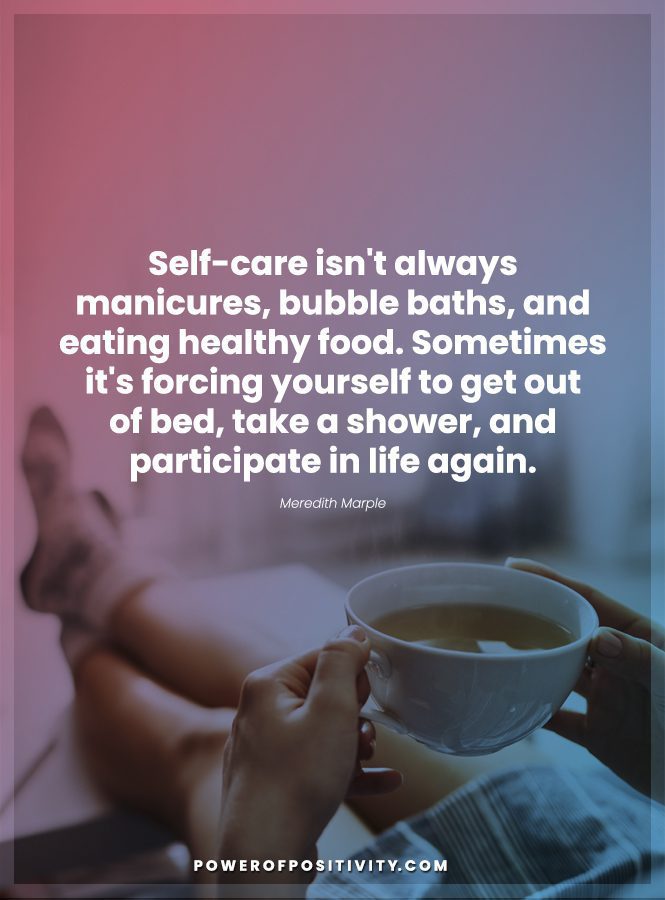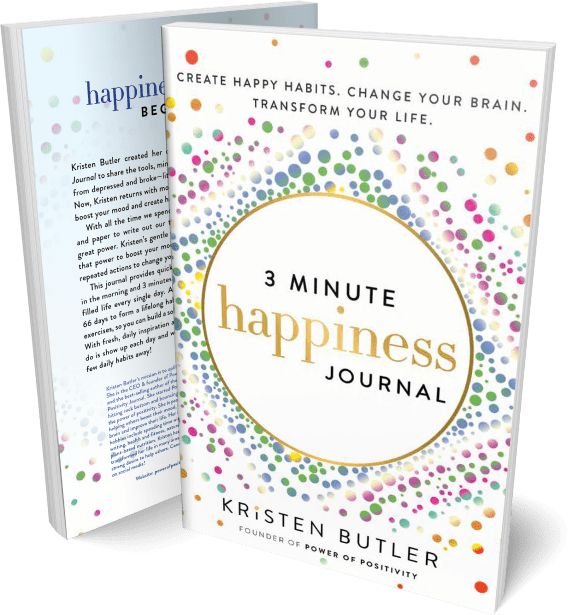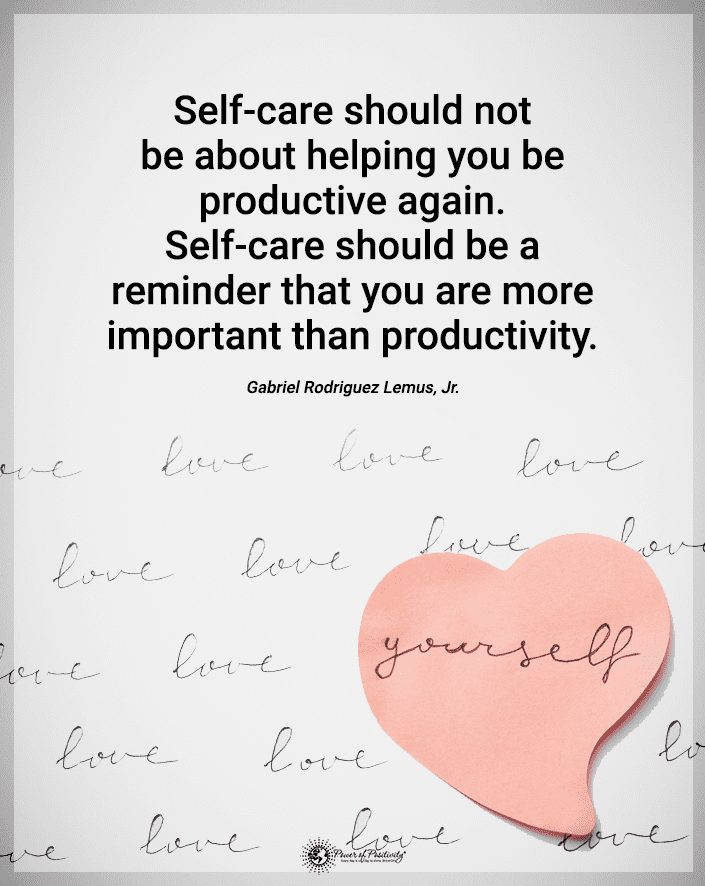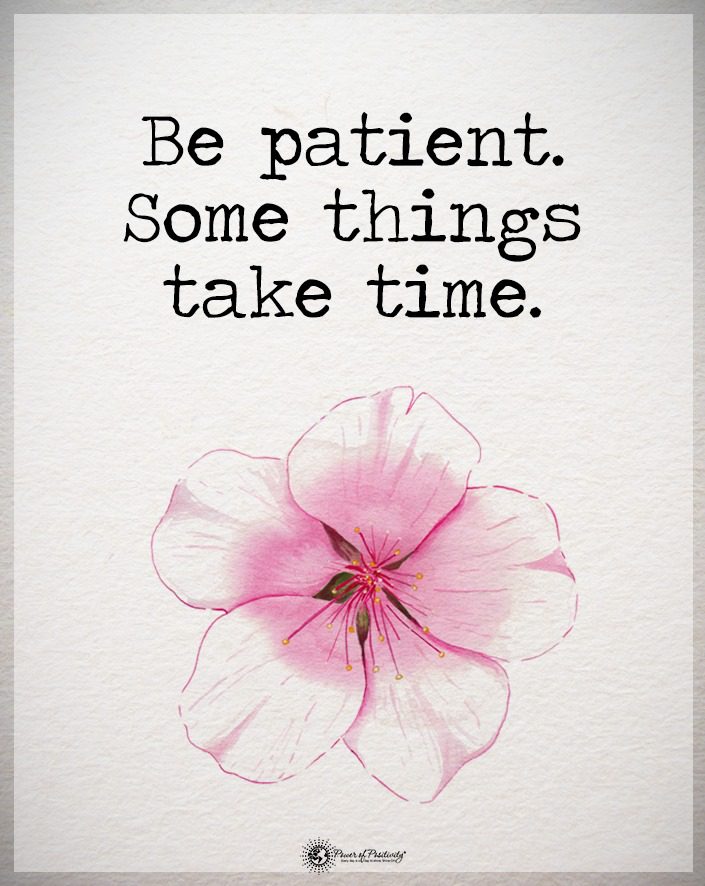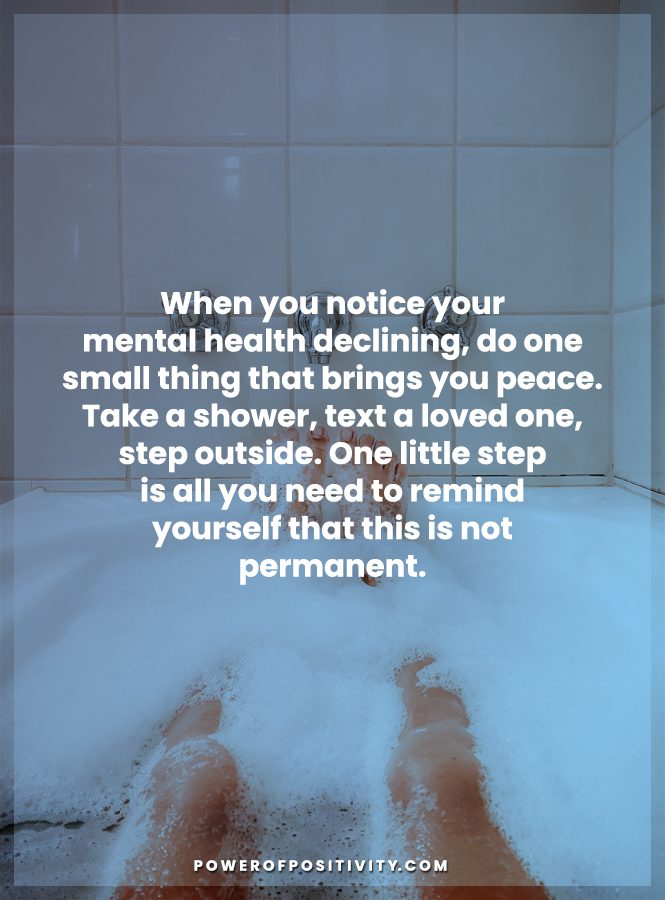Early trauma is a pervasive problem affecting millions of individuals worldwide. Traumatic childhood experiences of neglect, abuse, violence, or losing a loved one can leave deep emotional wounds. These wounds often persist into adulthood. Early trauma can significantly impact a person’s development and affect their relationships, emotions, and behavior.
It can lead to various mental health conditions, such as depression, anxiety, post-traumatic stress disorder (PTSD), and substance abuse. It’s essential to seek support and treatment to address the effects of early trauma and promote healing. Fortunately, there are various ways to address early trauma and promote healing.
Difficulty forming healthy relationships, low self-esteem, and an inability to trust others are other potential effects of early trauma. These challenges can make it challenging for individuals to function in daily life. They can lead to difficulties in school, work, and even personal relationships. However, by seeking support and treatment, individuals can begin to address the effects of early childhood trauma and work toward healing.
Many ways to address early trauma include therapy, medication, and lifestyle changes such as exercise and a healthy diet. Other techniques include mindfulness, journaling, and expressive arts therapy. All of these are effective in addressing the effects of early trauma. With proper support, individuals can learn to manage early trauma, develop healthy coping mechanisms, and reclaim their lives.
7 Ways to Heal Early Trauma
1. Seek Therapy
Seeking the help of a trained therapist can be an essential step in healing from early trauma. A therapist can provide a safe, supportive environment where individuals can explore their feelings and emotions related to their trauma. By identifying the root cause of the trauma, individuals can begin to understand how it has impacted their lives.
This is the first step towards processing the emotions associated with the experience. A skilled therapist can guide individuals through it and help them cope with the struggles of early trauma. Additionally, therapists can teach techniques to manage and cope with emotions and triggers.
Cognitive-behavioral therapy (CBT) is a form of therapy that focuses on identifying negative thought patterns and replacing them with positive ones. Exposure therapy is another technique used to treat PTSD. This involves gradually exposing individuals to the traumatic event in a controlled environment to help them overcome the associated fear.
2. Practice Mindfulness
Mindfulness is a powerful tool that can help individuals manage the effects of early trauma. By practicing mindfulness, individuals can learn to stay present in the moment. This can reduce feelings of anxiety and stress. Rather than worrying about the past or future, mindfulness encourages individuals to focus on the present moment.
It helps them become more aware of their thoughts and feelings. Mindfulness can also help individuals identify negative thought patterns and replace them with positive ones. When individuals are traumatized, they often develop negative thought patterns that can lead to feelings of depression, anxiety, and low self-esteem.
Mindfulness can help individuals become more aware of these negative thought patterns and learn to replace them with empowering ones. Some mindfulness techniques to help manage early trauma include meditation, deep breathing exercises, and body scans. These techniques can help individuals become more attuned to their bodies and emotions and develop a sense of self-awareness. By practicing mindfulness regularly, individuals can better understand inner peace and improve their overall well-being.
3. Find Support
One of the most important aspects of healing from early trauma is having a support system in place. It can be challenging to cope with the effects of trauma alone. Having people who support and validate your experiences can make a significant difference. By joining a support group or talking to trusted friends or family members, individuals can find a safe space to express their emotions.
They can also start to connect with others who have had similar experiences. Support groups can be beneficial for individuals who are struggling to cope with the effects of early trauma. These groups provide a safe, non-judgmental environment where individuals can share their experiences and receive support from people who understand them. By joining a support group, individuals can develop a sense of community.
They can find comfort in the knowledge that they are not alone. Talking to trusted friends or family members can also be a helpful way to build a support system. It can be challenging to speak about early trauma. But opening up to someone who cares about you can help you feel less alone. Choosing people who will listen without judgment and provide support and encouragement is essential.
4. Practice Self-Care
Taking care of yourself physically, emotionally, and mentally is crucial for healing from early trauma. Traumatic experiences can take a significant toll on an individual’s well-being. So, neglecting self-care can make it even harder to cope with the effects of trauma. Therefore, it’s essential to prioritize self-care as a crucial component of the healing process. Physical self-care involves taking care of your body. This can include eating a balanced diet, getting enough sleep, and exercising regularly.
These practices can help improve physical health and reduce stress. Emotional self-care involves taking care of your emotional needs. This can include practicing self-compassion, setting healthy boundaries, and engaging in activities that bring you joy. It’s crucial to allow yourself to feel various emotions and acknowledge your experiences without judgment. Engaging in activities that bring you joy can help improve your mood and increase feelings of positivity.
Mental self-care involves taking care of your mental health. This can include practicing mindfulness, seeking therapy, and engaging in activities that promote mental well-being. Prioritize mental health and take steps to manage symptoms of anxiety, depression, and PTSD.

5. Journaling Can Release Early Trauma
Writing down your thoughts and feelings can be a therapeutic way to process early trauma. Trauma can be overwhelming, and it can be challenging to make sense of your emotions and thoughts. Writing can help you express yourself in a way that feels safe and non-judgmental. Journaling can also help individuals identify patterns and triggers that may contribute to their trauma.
By recording their thoughts and feelings, individuals can gain insight and identify patterns contributing to their trauma. This can help individuals develop coping strategies and manage their emotions more effectively. Writing can also be a tool for reflection and self-discovery.
It can help individuals gain a deeper understanding of themselves and their experiences. This can be an essential part of the healing process. Writing in a journal can help individuals process their trauma, gain insight into their experiences, and develop greater self-awareness. And it can even become enjoyable for you, something you do as a hobby.
6. Expressive Arts Therapy
Engaging in art, music, or other creative activities can be a powerful way to process and express trauma-related emotions. Creativity provides a unique outlet for individuals to express themselves in a way that is safe and non-judgmental. And it’s something that can help individuals access and process difficult emotions.
Art therapy and other creative therapies can benefit individuals struggling to express themselves verbally. These therapies allow individuals to use art or music as a tool for self-expression. They provide a unique and creative way to process trauma. Creative activities can also help individuals regulate their emotions. Engaging in creative activities has been shown to reduce symptoms of anxiety, depression, and PTSD. It can also provide a sense of accomplishment, improving self-esteem and confidence.
Additionally, creative activities can help individuals develop a greater sense of self-awareness. Engaging in creative activities allows individuals to explore their emotions and experiences in a new way, gaining insight and perspective on their trauma. Creative activities are not only fun, but they can be an essential tool in the healing process. They help individuals move forward in their journey toward healing and recovery.
7. EMDR Therapy
Eye Movement Desensitization and Reprocessing (EMDR) is a type of therapy that uses rapid eye movements to help process traumatic memories. The therapy involves the use of bilateral stimulation. This can include eye movements, tapping, or sounds, while the individual recall traumatic memories. During EMDR, the individual is asked to focus on a traumatic memory while engaging in bilateral stimulation.
This process helps to reprocess the memory, reducing the emotional intensity of the traumatic experience. EMDR is effective in treating PTSD and other trauma-related disorders. Talking about trauma can be difficult; for some individuals, it may be triggering or re-traumatizing.
EMDR therapy provides an alternative way to process traumatic memories. It allows individuals to engage with their emotions in a safe and controlled manner. Research has shown that EMDR therapy can be particularly effective for individuals who struggle to talk about their traumatic experiences. This includes children and individuals with developmental disabilities.
It can also be helpful for individuals who have experienced multiple traumas or have a history of treatment-resistant PTSD. This is mainly because it helps people process their trauma in a non-verbal way, reducing the emotional intensity of the traumatic memory. EMDR is a safe and effective treatment option that can help individuals heal.
Final Thoughts on Some Ways to Heal Early Trauma
Early trauma can have a profound and lasting impact on an individual’s mental, emotional, and physical well-being. However, there are many ways to address early trauma and promote healing. From seeking support from a therapist to trying treatments like EMDR, many effective methods exist to work through early trauma. It’s essential to recognize that healing from early trauma is a unique journey for everyone.
There is no one-size-fits-all solution. Therefore, finding the best treatment and support for you is essential. It may take time, patience, and perseverance to heal from early trauma, but it’s worth the effort. Individuals can learn to manage and cope with their trauma by working towards healing.
They can reduce the emotional intensity of traumatic memories and improve their overall quality of life. They can also break the cycle of trauma, preventing it from impacting future generations. It’s crucial to remember that healing is possible. You deserve the chance to live a fulfilling and joyful life. By acknowledging the impact of early trauma and taking steps toward healing, you can move forward with strength and resilience.

